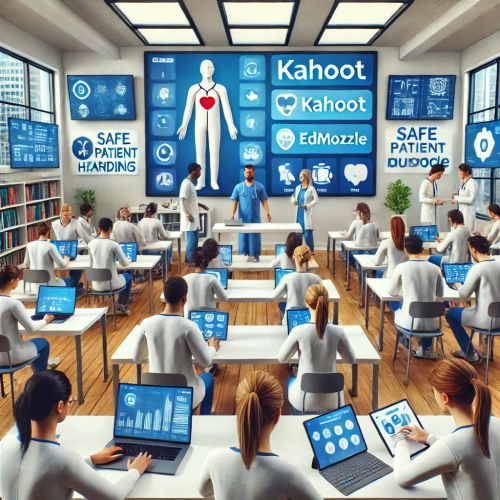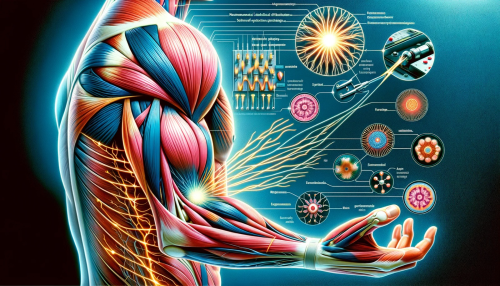From Screens to Injections: Mobile Innovations in Nursing Students' Education in Turkey
Yayın Tarihi | 29 March 2024, Friday
This comprehensive research published in the Journal of Computer Assisted Learning emphasizes the urgent need for integrating advanced educational technologies into nursing curricula

Researchers at several Turkish universities conducted a pioneering study demonstrating the transformative impact of mobile-supported teaching on nursing education. Led by Şule Biyik Bayram, this study shows how this innovative teaching method significantly increased students' competence and confidence in performing ventrogluteal injections—a safer and more effective method for administering intramuscular medication.
Published in the Journal of Computer Assisted Learning, this comprehensive research highlights the urgent need to integrate advanced educational technologies into nursing curricula. By focusing on mobile applications that provide animated demonstrations of clinical procedures, the study not only addresses a critical gap in traditional nursing education but also aligns with contemporary learning preferences.
One of the most notable findings of the study is that the rate of students preferring the ventrogluteal region for injections increased from 28.5% to 51.1% after using the mobile learning tool. This change not only indicates a deeper understanding of safer injection practices but also demonstrates the potential of mobile technology to revolutionize nursing education.
Key Takeaway: Enhancing Nursing Skills with Mobile-Supported Education and Applications
The results of the research are quite remarkable. Mobile-supported teaching methods significantly improve learning outcomes for nursing students, especially in acquiring critical clinical skills. The research team advocates for widespread adoption of such technologies, emphasizing their role not only in enhancing educational outcomes but also in developing a more competent and confident nursing workforce.
The study was triggered by the recognition of a critical educational gap, such as the need for students to overcome the theory-practice divide with confidence and competence. Considering the widespread use of mobile technology among students, the research aimed to use this tool to provide an accessible, interactive, and effective learning experience. The success of this initiative, as evidenced by the study's results, demonstrates the potential of mobile-supported learning to reshape nursing education and, consequently, provide guidance for improving patient care practices in the healthcare sector.
Link: https://doi.org/10.1111/jcal.12902
Diğer Haberler

05 February 2025, Wednesday
Resveratrol and Kidney Damage: Timing and Dosage Are of Critical ImportanceDetail











